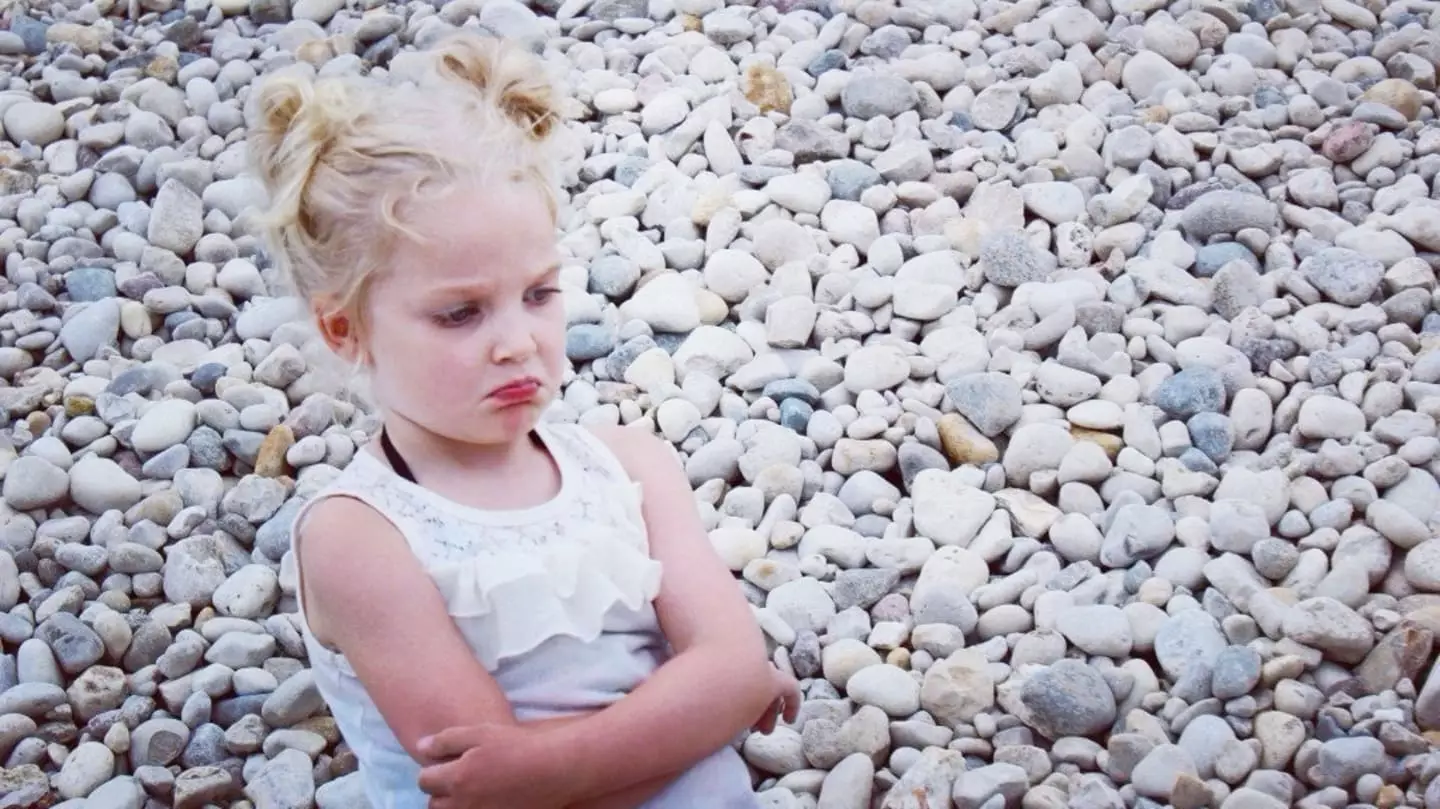Understanding childhood emotions and behaviors in a positive context is an essential aspect of parenting that often gets overshadowed by societal negativity. From the moment a child is born, they are celebrated—perceived as precious beings. Yet, as they grow and start to exert their independence, the narrative shifts dramatically. Instead of continuing to view these children through the lens of wonder, society often begins to frame them as challenges and sources of potential chaos. This article explores how cultural perceptions can negatively impact our relationship with our children and how adopting a more positive viewpoint can foster growth and understanding.
In the early months of a child’s life, they are largely seen as pure and innocent, inspiring feelings of joy and hope in their caregivers. However, once children reach developmental milestones like walking and talking, societal expectations take an immediate turn. Parents and relatives receive advisory pullbacks filled with warnings and grim assessments about impending behavioral challenges, coining terms like “terrible twos” or “threenagers.” These phrases carry an undertone of foreboding; instead of joy, they instill anxiety and trepidation about potential misbehavior.
By the time children reach their teenage years, the warnings turn almost dystopian, suggesting an inevitable struggle for control. Phrases like “just wait until he’s a teenager” become embedded in conversations, infecting parental perceptions with doubt and dread. But what does this constant barrage of negativity do to parents’ engagement with their children? It prepares them to view their children more as individuals to be managed rather than as unique beings to be cherished.
The cultural narrative surrounding childhood can become a self-fulfilling prophecy. Parents who expect to face mischief may inadvertently create environments that foster rebellion or defiance. If a parent constantly anticipates “terrible” behavior, they may start looking for it. Rather than focusing on a child’s genuine essence, their attention dwindles down to momentary actions—leaving them blind to the more complex and beautiful aspects of their child’s personality.
This reductionist view leads parents to witness only surface-level behaviors without recognizing the emotional and developmental contexts that underlie them. Children are often a mixture of complexity, akin to a kaleidoscope of feelings and thoughts that are in constant flux. When we view their actions as mere reflections of bad behavior, we miss the meaningful opportunities for connection and understanding.
Transformation begins when parents consciously decide to shift their focus. Instead of viewing children through a lens of potential mischief, they can embrace roles as “light reflectors.” This means intentionally seeking out and acknowledging the brightness within each child. What if parents responded to their child’s behaviors, not with judgment, but with curiosity regarding their underlying motives? The key lies in developing an emotional vocabulary both for parents and children. When situations arise that trigger negative responses, parents must strive to uncover the positive intentions behind their children’s actions.
For instance, rather than casting blame during a tantrum, a parent could ask themselves, “What emotional need is my child expressing?” This nuanced approach encourages discussions around feelings and fosters emotional intelligence not just within the child but also within the parent. When children see themselves reflected as capable, loving, and valuable beings, they are more likely to internalize these positive messages and subsequently emulate them.
It is crucial to approach parenting as an enriching journey rather than a battle. By consciously choosing to see the beauty in a child’s authentic self, parents can cultivate an environment where their children feel loved, respected, and understood. This mindset shift can help children recognize their own value and, in consequence, influence their behaviors positively.
Cognitive development, emotional maturity, and character building take time and patience. When parents find ways to acknowledge the challenges while simultaneously celebrating accomplishments, they create a nurturing atmosphere conducive to growth. Finally, recognizing that children are not merely defined by their misbehavior, but instead embody a complex array of feelings, ideas, and potential, becomes instrumental in their development.
Ultimately, it is in a culture of positivity that children will flourish. As parents champion the light within their children, they cultivate resilient beings who are capable of growth, empathy, and understanding. This journey entails acknowledging the harsh realities imposed by societal judgments and consciously rejecting them. Choosing to advocate for the inherent brightness of our children ensures a stronger bond and a brighter future—not just for them, but for our society as a whole.

